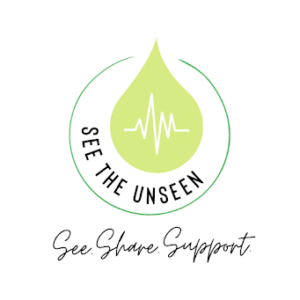The recent loss of Alan Rickman and David Bowie rocked the public, as high-profile bereavements typically do. Robin Williams, Whitney Houston, Philip Seymour Hoffman and Michael Jackson all made posthumous headlines, but more significantly, countless “normal” people offered their own deeply personal condolences and eulogies through social media.
Why is it that celebrity deaths often have such a pronounced effect on us, while most pay no attention to the passing of strangers? After all, the average person does not even pause to consider the some 2,000 Americans who die each day. How can we explain or justify our feelings of great loss when a celebrity—whom we don’t know on an individual basis—dies?
In the 1950s, sociologists Donald Horton and Richard Wohl coined the term parasocial interaction, the phenomenon in which the audience feels they have a relationship with a celebrity, despite their actual distance.
Mass media gives the viewer the illusion of having a face-to-face relationship with the performer. The association with the celebrity is so strong the viewers believe the artist actually exists in their physical world.
Although the relationship is one-sided, people can strongly relate to celebrities. When a famous personality dies, the significant connection feels especially strong. The sense of grief can be overwhelming to fans, especially if their peers don’t understand why they are so sad. Some may wonder how one could be so emotional about the death of a stranger—meanwhile, however, others thought of Cory Monteith or Heath Ledger as their close friends.
“They’ve been a part of our lives,” Alan Hilfer, chief of psychology at Maimonides Medical Center in New York, said, stating that it is normal to be saddened by the passing of a celebrity we love and admire. “We see them on TV, they’re in our living rooms, we feel we know them, and we incorporate them almost as though they’re part of our families, though most of us recognize that they’re not.”
A celebrity’s death can often stir up unresolved grief. If we repress the grieving process in our daily lives, we might convince ourselves that our own sorrow is trivial and not worth processing. But when social media and the public screech to a halt to mourn a celebrity, all our stifled grief can bubble to the surface and overflow.
The main reason we react so strongly to the passing of a celebrity is the sudden—usually unwanted—confrontation with reality. We engage with these larger-than-life personalities from the comfort of our homes in an attempt to escape the inevitable drone of everyday life. We believe Paul Walker is an untouchable action hero, Whitney Houston will always love you and Robin Williams’ boyish smile is permanent.
But then reality shatters our fantasy. Walker is as vulnerable to car accidents as you or me, Houston’s voice fades and Williams’ joy was only surface-level. When we lament the death of a beloved celebrity, we also lament the end of our own fantasies.
I cannot think of anyone I know who is exempt from this deep relationship between celeb and audience. We all feel a kindred connection with everyday people who make us laugh, cry or think, so why not superstars? They can bring us comfort or teach us lifelong lessons.
Some may scoff when I shed a tear for Alan Rickman or Robin Williams, but I pay them no mind. Even in my sorrow or loneliness, I can listen to one of Robin’s jokes and laugh in the middle of a sob.














Be First to Comment